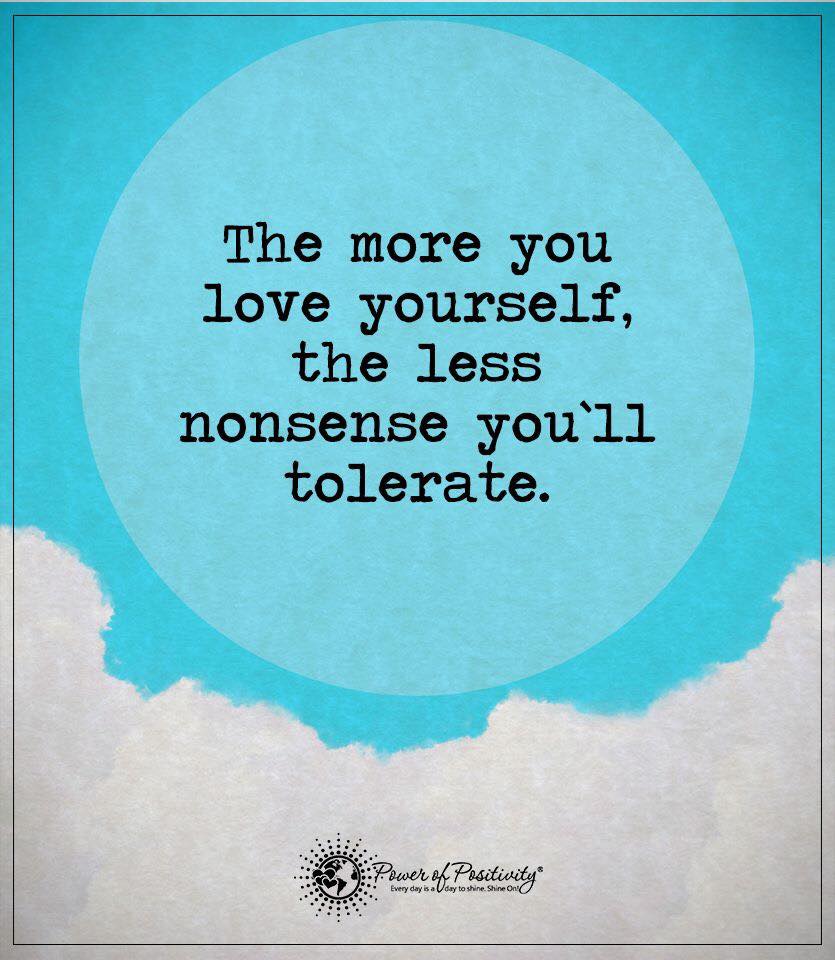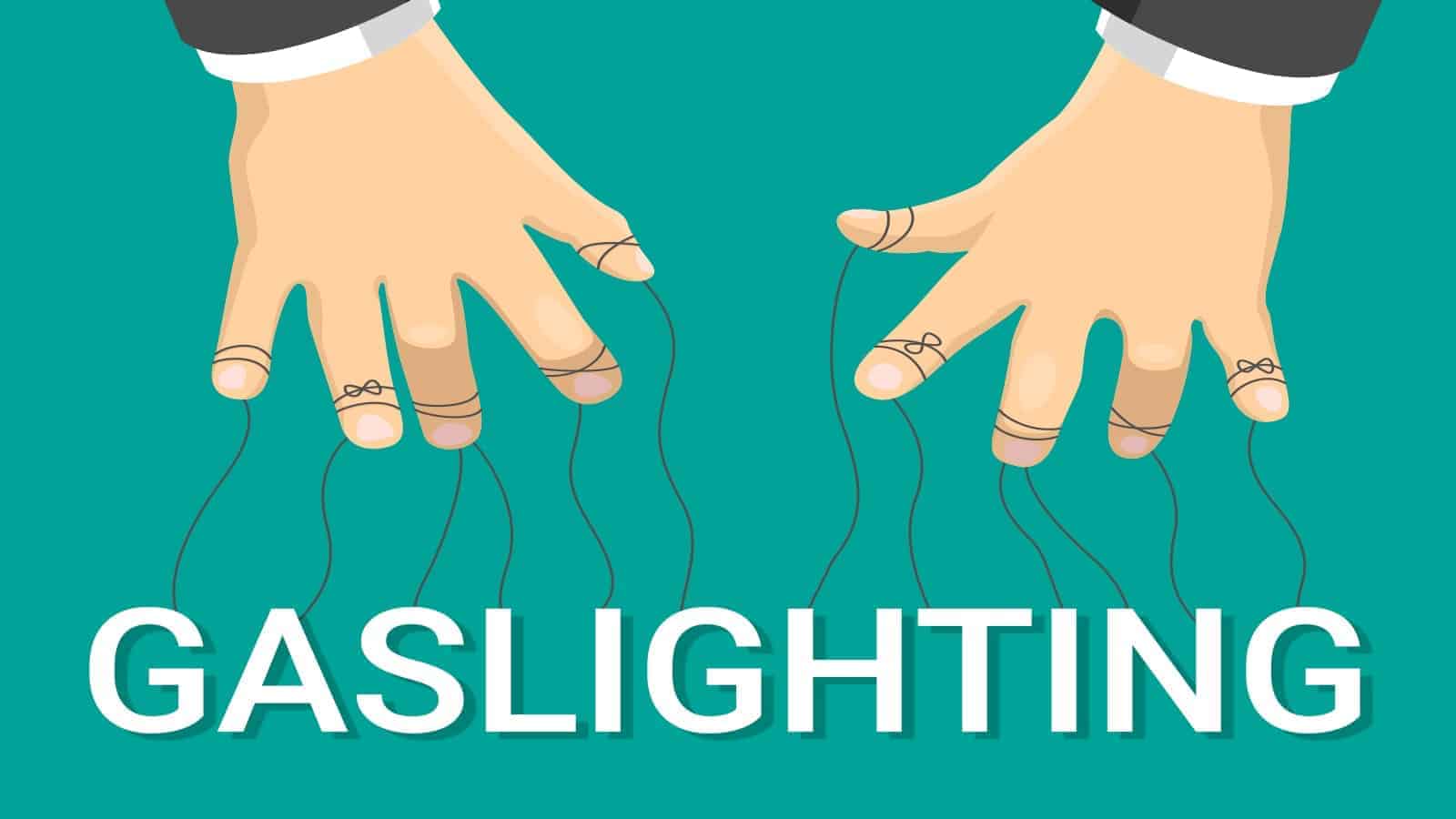Emotional abuse harms its victims harshly. It can ruin one’s self-esteem, make one too frightened to leave a relationship, and stay disguised as innocent or loving behavior.
Luckily, as more and more information is becoming available regarding this form of abuse, people are becoming more educated on its signs.
Here are ten behaviors that reveal emotional abusers.
1. Putting You Down
It can be easy for emotional abusers to masquerade hurtful things under the disguise of trying to help you.
Belittling Interests
They call your interests annoying or childish. They may even try to convince you that there’s no point in pursuing your hobbies and passions.
Appearance-Based Insults
They may criticize you for being too fat or too thin or even laugh at your fashion choices.
Belittling Accomplishments
No matter what you do, it is never good enough. They may also claim your achievements for their own.
Trivializing Your Emotions
Your emotions and opinions are somehow never serious enough for consideration and care and are always brushed aside. You’re also told that you’re just overreacting, and it’s not as severe as you think.
General Dismissiveness
They ignore you when you try to tell them about something you’re excited about, or they act like they would be anywhere else but here.
2. Derogatory Personal Attacks
Today’s world derives so much money from tearing down positive self-esteem. Unfortunately, emotional abusers are no different.
Character Attacks
They attack you directly and make you think there’s something wrong with you as a person. They’ll say you’re always wrong, or that you never can be relied on, or worse.
Name Calling
“Stupid” and “useless” are prominent examples, but it can also be other horrible words.
Cruel Pet Names
They may call you by pet names that are very cruel or derogatory, especially in front of people who are listening.
Make Everything Out To Be A Joke
Abusers will say things about you that can be incredibly hurtful. But trying to object to this damaging behavior will have them excuse it as a joke, and accuse you of having no sense of humor.
3. Trying To Control You
Abusers think that once they can control you, they’ll have a more positive chance of you staying with them, ignorant of their real intentions.
Spying On You Digitally
They won’t respect your privacy, both online and in the real world. If they don’t already have your passwords, they may have spyware on your devices.
Keeping Track Of Your Location Constantly
They might sneak tracking devices into your vehicles and track location on your devices, and demand you instantly respond to all texts and calls from them no matter what.
Financial Control
Every single penny must be accounted for. They set things up, so you have to rely on them for any financial purchases.
Insisting On Receiving Respect
You can never be given for any of your faults, and you must defer to their authority. Good luck getting any respect in return, though.
Making Decisions For You
You don’t get a say in any decision, both big and small. They’ll cancel appointments and close bank accounts on your behalf, without your knowledge.
Commands
They’ll order you around, and expect instant obedience. Often, they’ll ignore your plans and bodily autonomy in the process as a result.
4. Isolating You is Emotional Abuse
The easiest way to control someone is to keep them away from any positive support systems that might protect and shelter you. It’s hard to maintain positive thinking when you feel alone.
Stepping In Between You And Family
They may lie to your family and say you can’t make it to family gatherings, or say you want to avoid them.
Preventing Your Socialization
If you try to go for an outing with friends or socialize in some way, they will find ways to prevent you from leaving their side.
Interrupting
They continuously try to demand your attention at every opportunity, interrupting any conversation you may be having at the time.
Building Co-Dependence
Codependency is a dangerous and toxic relationship and isn’t a positive one worth sticking around in. It forces you to conform your responses to your abuser’s behavior, to the point that you forget how to function without them.
Making Others Dislike You
They’ll lie to everyone they meet, convincing them to think the worst of you – preferably before they even meet you.
5. Neglect and Ignorance
Humans are social creatures. Needing affection and attention is hard-baked into our DNA – which means depriving us of such fundamental human rights can be incredibly harmful to our emotional health.
Withholding Affection
They’ll withhold intimate moments as a way to punish you, or even refuse to touch you.
Dehumanization
They won’t even give you the courtesy of making eye contact with you when talking to you or listening to you as if you aren’t worth that level of basic human decency.
Not Caring
You can cry, you can beg, you can scream in pain – it won’t make a difference. They refuse to do anything.
Openly Ignoring You
If they don’t outright tune you out, they’ll try to change the subject or gloss over when you try to talk to them about something important.
Closing Down Communication
Any conversation with them is always on their terms, no matter the medium. They might suddenly walk away in the middle of a conversation they don’t like, or ghost you entirely.
Accusing You Of Neediness
If you find yourself reaching out for help, they’ll make you feel as if you’re asking for too much. That you shouldn’t have to need help with such a tiny problem in the first place.
6. Changing The Narrative
Abusers will always try to rewrite the sequence of events and get you to doubt your thoughts, emotions, and even memory.
Gaslighting
Gaslighting is when someone denies an argument or event took place, calling your mind and sanity into question. In fact, gaslighting is a potent and toxic behavior that can derail your self-esteem and positive thinking.
Arguing About Your Feelings
Abusers will insist that your emotions are somehow invalid or not what you think it is, regardless of how you genuinely feel.
Denying Situations
Here’s an example of denial. Abusers may damage or steal your belongings, then claim innocence over the matter. This is just one example of how far emotional abuse can go!
Refusing To Admit To Abuse
When you try to bring up evidence of their abuse, they will vehemently deny it.
Claiming You’re The Abuser
They’ll try to flip the tables on you and accuse you of being the abuser. They’ll paint themselves as the victim, and you as the one with the control and anger issues.
7. Inability To Accept Responsibility
Most abusers refuse to accept responsibility for their actions – even if they somehow agree to go to counseling sessions. Instead, they’ll always try to push the blame onto someone else.
Trapping You
After getting to know what your triggers are, abusers will then take advantage of it to upset you. But if you retaliate in any way, then you’re somehow at fault.
Blame
If abusers are to be believed, you are somehow the reason they have the control and anger issues they have.
Making You Feel Like You Owe Them
They develop a sense of debt in you, so they can control you with guilt.
Pinning It All On You
Abusers often claim that it’s your responsibility to prevent their anger and control issues from acting up. Either you ought to have been faster, or work harder, or keep your head down – the reasons are endless.
8. Poor Emotional Control
Extreme emotions can be difficult to handle, especially if you have a condition that causes emotional dysregulation. However, abusers often use this as an excuse to inflict harm on you.
Jealousy
Abusers will often accuse you of acting flirtatiously towards other people or even cheating on them.
Shouting
Abusers will yell and scream at you – anything verbal that will scare you into obedience. They often will act violently and destroy belongings as well, though it may never lay their hands on you.
Sudden Outbursts
If you don’t comply with their demands or orders, you may find yourself on the receiving end of their furious, red-faced tirade.
Unpredictability
There’s no real rhyme or reason to their behavior. One moment they may make you feel like you’re on top of the world, the next they’re moody and reclusive, or they’ll suddenly explode and unleash hell on you.
9. Knowing How To Get To You
Abusers don’t show their true colors immediately. They’ll seem to be the most attentive, caring person in the world, and coax you to make them a confidant.
Knowing What Buttons To Push
Armed with emotionally intimate knowledge about you, abusers will use it to annoy, upset, or frustrate you whenever they please.
Threats
Abusers will make all sorts of threats, terrifying you into compliance as a result.
Acting Like You’re A Child
You are given no autonomy – your abuser will dictate what you can and cannot do, who you can befriend and who you cannot, and even what you’re allowed to eat.
10. Humiliation is Emotional Abuse
They’ll do anything to make sure you stay under their control – and belittling you is one of the most important tools they have in their toolbox.
Being Patronizing
They’ll often make you feel less intelligent than you really are by talking down on you, or dismiss subjects with the excuse that you wouldn’t understand it.
Jokes That Hit Hard
When in the company, they make jokes at your expense. It doesn’t matter if the jokes are based on facts or complete lies – they all serve to hurt you and make you appear foolish.
Sarcasm
Abusers will make all sorts of sarcastic remarks that are hurtful digs in disguise. They will later claim that they’re simply teasing you and that you’re taking things too seriously.
Public Humiliation
They’ll make a huge scene in public, doing their best to attract as big a crowd as possible so they can humiliate you in front of an audience.
Saying Everyone Hates You
They’ll twist your perception of reality, and make it seem as though the whole world wants nothing to do with you.
Walking Out
They may simply leave a situation or an argument. If this is a social event, it forces you to handle whatever problems they leave behind in their wake and cover for them. If it’s at home, it allows them to control the conversation on their own terms.
Final Thoughts On Some Behaviors That Reveal Emotional Abuse
Emotional abuse is covert. It can seem hidden or appear less serious than other forms of abuse. But abuse is not a competition, and all types of abuse are damaging to the victims. If you believe you may be in an emotionally abusive relationship, reach out for help at your local domestic violence help center or talk to trusted people who can help you.

















 Community
Community

